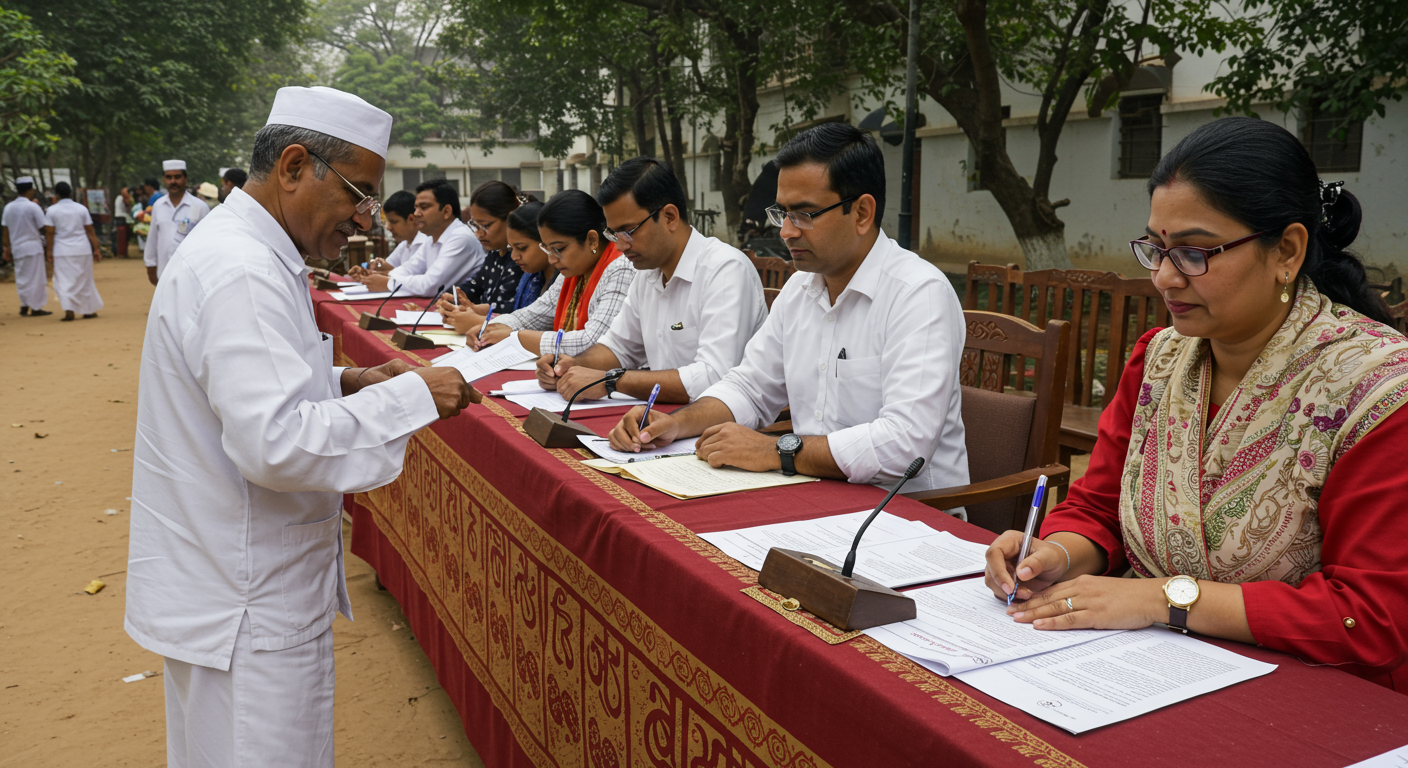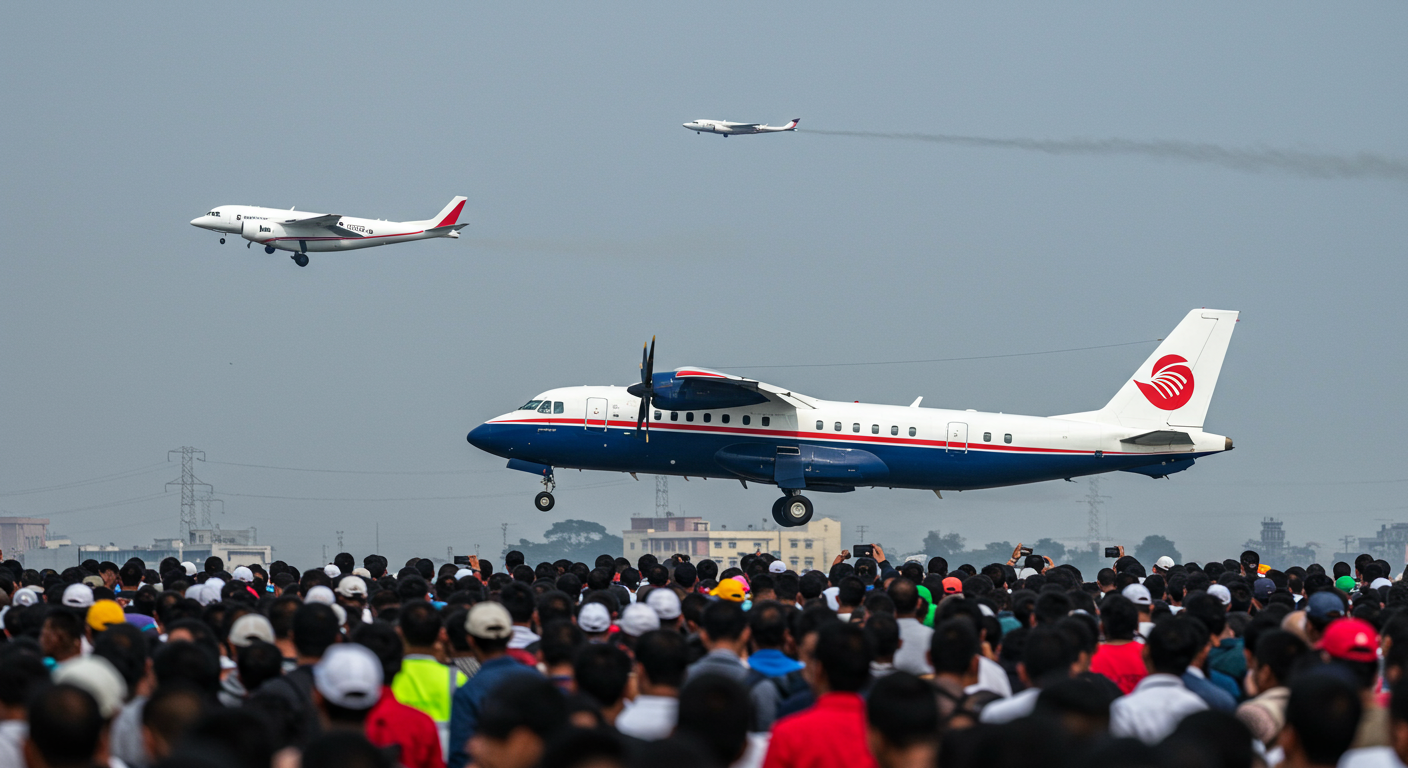India Extends Closure of 24 Airports Till May 15 Amid Rising Tensions with Pakistan
- Abhishek

In light of increasing tensions along the India-Pakistan border, the Indian government has extended the closure of 24 airports in sensitive regions until 5:30 AM on May 15, 2025. This move comes amid growing security concerns following a series of cross-border incidents and military escalations.
Why Have the Airports Been Closed?
The decision to keep these airports closed stems from national security priorities. On April 22, 2025, a deadly terrorist attack occurred in Pahalgam, Jammu & Kashmir, where 26 civilians lost their lives. India has blamed Pakistan-backed terrorist groups for this attack. In response, India launched a counter-operation called “Operation Sindoor”, targeting terror camps believed to be active across the border.
Following India’s military actions, Pakistan allegedly retaliated by launching hundreds of drones (between 300-400)into Indian airspace. According to Indian defense officials, most of these drones were intercepted or neutralized. However, the aggressive escalation has raised serious concerns over civilian safety, especially in areas close to the border.
As a precautionary step, the Directorate General of Civil Aviation (DGCA) and other aviation authorities decided to extend the temporary ban on civilian flights in these high-risk areas.
List of Affected Airports
Here is the list of 24 airports where operations remain suspended:
-
Jammu and Kashmir: Srinagar, Jammu, Leh
-
Punjab: Amritsar, Ludhiana, Pathankot, Patiala
-
Himachal Pradesh: Shimla, Bhuntar
-
Rajasthan: Jaisalmer, Bikaner, Kishangarh
-
Gujarat: Porbandar, Bhuj, Jamnagar, Rajkot
-
Others: Chandigarh and nearby Tier-2 regional airports
These airports are mostly located in the northern and western parts of the country, regions that are within proximity of the India-Pakistan border.
How Airlines Are Responding
Major Indian carriers, including Air India and IndiGo, have suspended flight operations to and from these affected airports until the morning of May 15. Both airlines have announced full refunds or free rescheduling for passengers holding tickets for affected routes.
Air India released a statement confirming the suspension of flights to destinations like Srinagar, Jammu, Leh, Amritsar, Rajkot, Jodhpur, Bhuj, and more. IndiGo has taken similar measures and urged passengers to check the airline’s website or contact customer support for the latest updates.
What’s Happening at Delhi Airport?
While Delhi’s Indira Gandhi International Airport remains open, the capital has not been entirely spared. On Friday, more than 120 flights were cancelled (including both domestic and international services) between 5 AM and 2 PM due to heightened security checks and route changes.
Although operations have now stabilized in Delhi, travelers are still advised to monitor their flight status closely.
Political and Military Context
The recent developments mark one of the most serious escalations in India-Pakistan relations in recent years. Tensions have flared intermittently since the Pulwama attack in 2019, but the events of April and May 2025 have reignited fears of a prolonged conflict.
Defense analysts believe that India’s preemptive airstrikes and Pakistan’s drone response indicate a dangerous turn toward military confrontation. Diplomatic efforts are reportedly underway, but no formal de-escalation has been announced so far.
What Should Travelers Do?
If you have upcoming travel plans involving any of the affected regions:
-
Check flight status regularly through your airline’s official website or app.
-
Avoid booking flights to airports listed under the closure till May 15.
-
Use alternate routes or airports in safer zones if travel is urgent.
-
Follow government and airline advisories for real-time updates.
Final Thoughts
With the security situation still evolving, the government’s top priority remains the safety of civilians. While the temporary closure of these 24 airports is disruptive, it is a necessary step given the ongoing threats. The aviation and defense authorities are closely monitoring the situation and will take further actions based on real-time intelligence.
As a responsible traveler, staying informed and cautious is the best way to navigate this challenging period.







